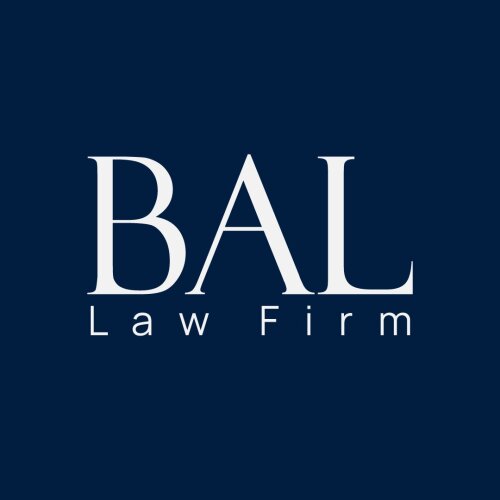Best Tax Lawyers in Istanbul
Share your needs with us, get contacted by law firms.
Free. Takes 2 min.
List of the best lawyers in Istanbul, Turkey
About Tax Law in Istanbul, Turkey:
Any individual or corporation engaging in economic activities in Istanbul or anywhere in Turkey is subject to taxation. The main legal text structuring the tax system in Turkey is the Turkish Tax Procedure Law No. 213. The Income Tax and Corporate Tax Laws also play a significant role. The Turkish tax regime is comprised of Direct and Indirect Taxes. Direct Taxes income generated and wealth (like Income tax, Corporate tax), while Indirect Taxes target consumption (such as Value Added Tax, Special Consumption Tax). It's crucial to understand how these laws apply to your finances, business, or estate to avoid penalties.
Why You May Need a Lawyer:
Comprehensive understanding and application of tax law can be complicated. If you're starting a business, selling or purchasing property, planning your estate, or following up any complex tax situation, you might need a lawyer to help you navigate tax laws. Having a tax lawyer can minimize tax liabilities, help avoid legal consequences, assist in tax planning, and represent you in a situation of tax disputes or audits.
Local Laws Overview:
Taxation in Istanbul follows Turkey's overall tax legislation. Individual income tax rates are progressive, ranging from 15% to 35% under Income Tax Law. The Corporate Tax Law applies a flat rate of 20% on companies' net profits. The Value Added Tax Law implements differing tax rates of 1%, 8%, and 18% on the supply of goods and services. Furthermore, special regulatory laws cover taxes like the Special Consumption Tax, Banking and Insurance Transaction Tax, Customs Duty, and Property Tax.
Frequently Asked Questions:
What types of tax rates are applicable in Istanbul?
The tax rates in Istanbul are progressive for individuals, ranging from 15% up to 35%. For corporate entities, a flat rate of 20% applies to their net profits.
What is Value Added Tax (VAT) in Istanbul, Turkey?
The VAT is a general consumption tax applied to goods and services. The standard VAT rate in Turkey is 18%, though reduced rates of 1% and 8% apply to certain goods and services.
What is the role of a tax lawyer?
A tax lawyer can help with understanding and complying with the complexities of tax law, minimizing tax liabilities, planning for taxes, and representation in tax disputes or audits.
Is Double Taxation applicable in Istanbul?
Double Taxation is prevented in Turkey through a network of international agreements with various countries, enabling credits or exemptions to taxpayers.
If operating a business in Istanbul, do I need to pay an annual Corporate Tax?
Yes, under the Corporate Tax Law, all corporate entities in Turkey are subject to a corporate tax at a flat rate of 20% on their net profit.
Additional Resources:
For additional information and assistance, you can refer to the Turkish Revenue Administration, the Ministry of Finance and Treasury, or professional assistance from law firms specializing in tax law. Official governmental websites and accredited professional legal groups provide reliable information online. Guides published by international accounting firms can also be helpful.
Next Steps:
If you need legal assistance with your tax situation in Istanbul, consider consulting a lawyer specialized in Turkish tax law. They can guide you on the correct processes, deductions, exemptions, and ways to minimize tax liability. Furthermore, they can help in maintaining preventative practices that can handle potential disputes or audits by tax authorities.
Lawzana helps you find the best lawyers and law firms in Istanbul through a curated and pre-screened list of qualified legal professionals. Our platform offers rankings and detailed profiles of attorneys and law firms, allowing you to compare based on practice areas, including Tax, experience, and client feedback.
Each profile includes a description of the firm's areas of practice, client reviews, team members and partners, year of establishment, spoken languages, office locations, contact information, social media presence, and any published articles or resources. Most firms on our platform speak English and are experienced in both local and international legal matters.
Get a quote from top-rated law firms in Istanbul, Turkey — quickly, securely, and without unnecessary hassle.
Disclaimer:
The information provided on this page is for general informational purposes only and does not constitute legal advice. While we strive to ensure the accuracy and relevance of the content, legal information may change over time, and interpretations of the law can vary. You should always consult with a qualified legal professional for advice specific to your situation.
We disclaim all liability for actions taken or not taken based on the content of this page. If you believe any information is incorrect or outdated, please contact us, and we will review and update it where appropriate.

















